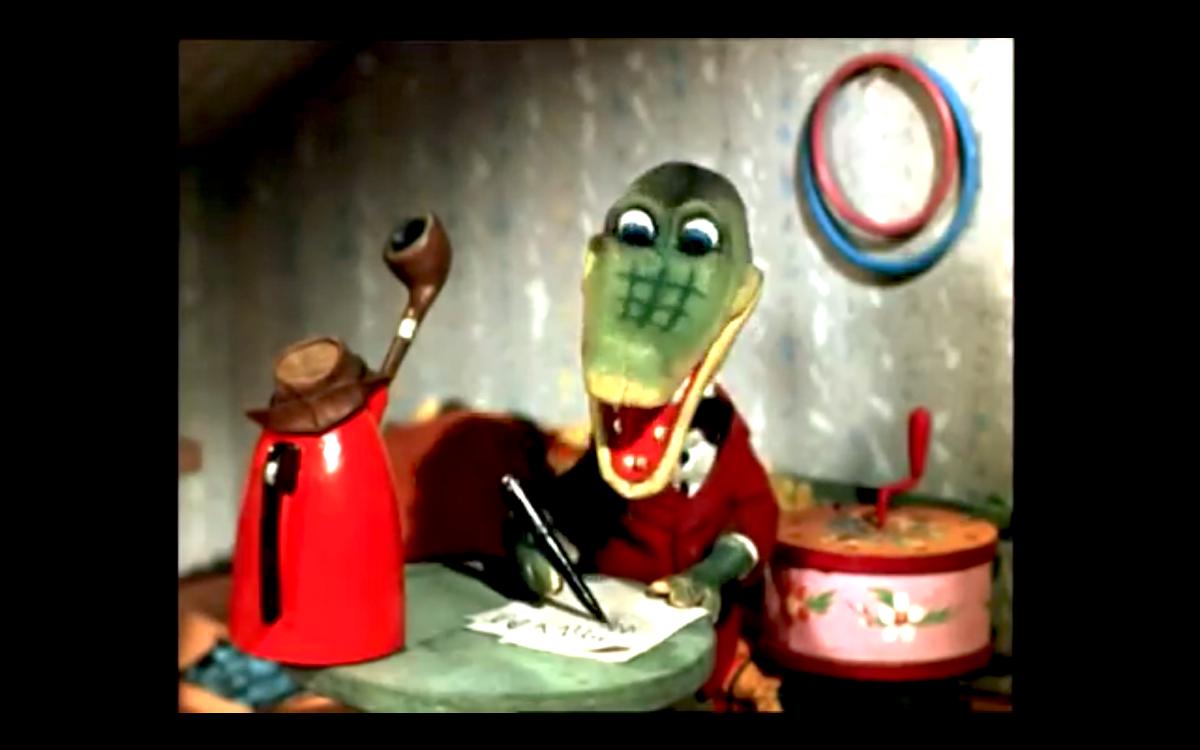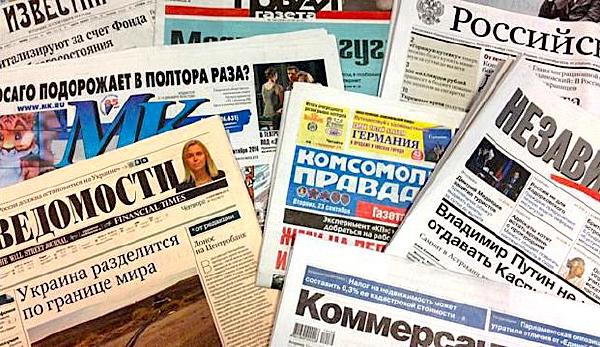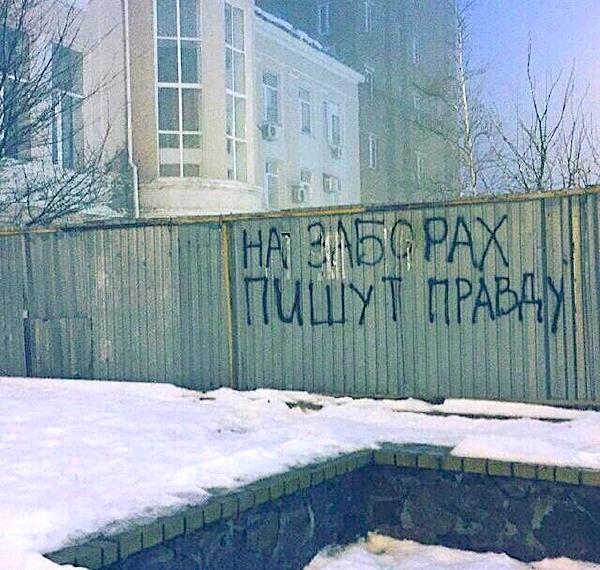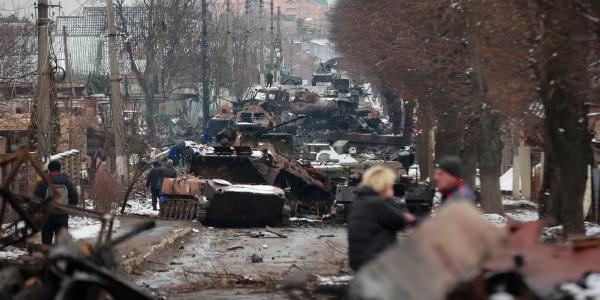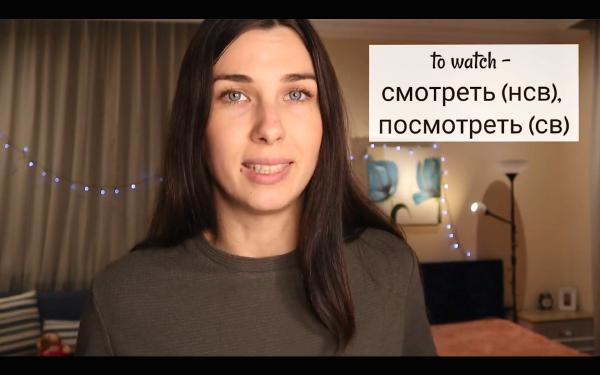O and A: Tolstoy, Bolshoi and krakadil Gena
To emphasize one more time that - and why - it is useful and important to to know where the emphasis added in Russian falls. And how that knowledge helps you, in both the spelling of the word крокодил (crocodile) and the pronunciation of names such as Tolstoy.
Oh and ah
The o is the most common letter in Russian (as mentioned in Paste Sounds). Were all those o’s to have an o sound, the whole language would have changed sound. Now it has been determined that an unstressed o (usually) sounds like an a, and that was a good idea. Because o, o, o, how beautiful Russian is - also because you don’t hear o, o, o all the time.
Vowel Reduction
Vowels that are not emphasized are immediately much less prominent. They become more or less somewhat flattened and change sound. The grammatical term for the phenomenon is vowel reduction (vowel reduction, аканье).
Russian pronunciation - Clamp and vowel reduction
(Russian with Tamara, 2020, 7 m)
Crocodile
More on the matter in diptych Vowel reduction from Russian grammar, part 1 of which is below - featuring a crocodile unsure whether you write крокодил with o’s or with a’s. The stress falls on the last syllable, and this causes confusion: you write two o’s, but hear two a’s.
Krakadíl and example from Крокодил Гена (= Gena the Crocodile) from 1969. Featured in Чебурашка и Крокодил Гена (Союзмультфильм, 2014), excerpt from here.
Vowel reduction (I)
(Russian grammar, 2016, 6 m)
Part 2 (2017, 2 m) is about е and я.
Tolstoy and Bolshoi
As the Dutch say “Tolstoy,” so it can never be right. It’s either Tólstoy (which would sound strange), or Talstoy - which also seems strange at first, but is correct and quickly gets used to. After which you soon can’t áánh hear Tólstoj anymore. Толстый (with the emphasis on the first syllable), by the way, is an adjective and means fat.
Also, never order tickets for the Bolshói Theater or Bolshói Ballet - well for the Balshói. That that so often goes wrong is very bad. These are balshoi names, though.
It gets worse rather than better with How To Say Tolstoy (Emma Saying, 2017, 1 m) and How to Pronounce Tolstoy (2012) from a channel called Pronounce Names. And if you want to know how to say Dostoevsky, don’t listen to How to Pronounce Fyodor Dostoevsky? (with CORRECTLY still behind it) (Julien Miquel, 2020, 1 m). The stress is on the e (Dostoevsky), so there is no o sound in it.
Zie/hoor wel:
- How to Pronounce 15 Well-Known Russian Author Names (abookolive, 2016, 4 m)
- How To Pronounce the Names of Russian Classical Authors? (Ria Lamoreaux, 2015, 4 m), van hetzelfde kanaal ook Leo Tolstoy - How to Pronounce the Names of Characters (2016, 6 m) en How To Pronounce the Names of Characters from Fyodor Dostoevsky’s books? (2015, 8 m)
- 5 Russische namen die je vreselijk verkeerd uitspreekt]( https://youtu.be/hNWusqIvBEk) (Sommige Russische dingen, 2013, 5 m)
En vergeet de (juiste namen van) componisten niet.
How to Pronounce the Names of Russian Writers / Russian Classical Writers
(Bookish Topics, 2020, 20 m)
‘You see? Very easy, Russian names are quite easy. Like, people just overthink them.’
O and A
More about O and A in the following, among others.
When О sounds like А in Russian. Vowel reduction. Russian Pronunciation
(Help my Russian, vh. Anya Golubeva, 2020, 3 m)
Why O sounds like A in Russian – Russian pronunciation – Vowel reduction
(Real Russian Club, 2018, 6 m)
Russian Unstressed O / Vowel Reduction / Russian Pronunciation
(Russian Language in Detail, vh. RussianWithRussian, 2017, 3 m)
At the same channel (and from the same year) more on the Unstressed E (4 m) UnstressedЭ (2 m), Unstressed A (3 m) and Unstressed Я (4 m).
More O and A
- O or A? Why does O sound like A in Russian? How to read letter O in Russian words (Tanya Vettori, 2021, 5 m)
- Как читать буквы А и О? Читаем вместе (О русском по-русски, 2020, 8 m)
- Why O Sounds like A? | Russian Language (Be Fluent in Russian, 2019, 3 m), see also When О Sounds like А in Russian Language (2017, 8 m),
- Russian letter “o” pronounced like “a” (Tzar Medved, 2019, 2m)
- Say it right! A and O | Russian Language (2016, 5m)
- Russian pronunciation rules. O or A. Surprising letter O (Russian: begin to speak, 2015, 2m)
- Russian lesson. letter O (Alina Aloshyna, 2013, 5 m)
See also
- Reading Rules for beginners: word stress, vowels (Anellanna, 2020, 11 m)
- Russian Stressed and Unstressed Vowels (О, Е, and Я) (NovaMova, 2020, 7 m)
- Russian Pronunciation Rule That You Probably Don’t Know - When A Sounds Like И (Boost Your Russian, 2019, 17 m)
- When to read O as A and E as И (Russian with Nastya, 2019, 10 m)
- Unstressed vowels E , Я / Russian pronunciation (Live Russian, 2018, 7 m)
- Pronunciation of Russian consonants (Denis Fedorov, 2016, 22 m), see also Tips on Russian pronunciation, stressing and intonation (2016, 19 m)
- Russian phonetics: Vowel reduction (Rus 4U, 2016, 3 m)
- Russian Stress Patterns - Accented vs Unaccented Vowels (Natalia Worthington, 2013, 9 m)
See/Read
- How To Understand Russian Vowel Reduction (Yearlyglot)
- Mastering Russian Vowels: All the Rules You Need to Know (FluentU)
- Vowel reduction in Russian (Wikipedia)
- When is the Russian letter O pronounced as A? (Quora)
- Орфоэпия: Произношение безударных гласных звуков (Diktory)
More


